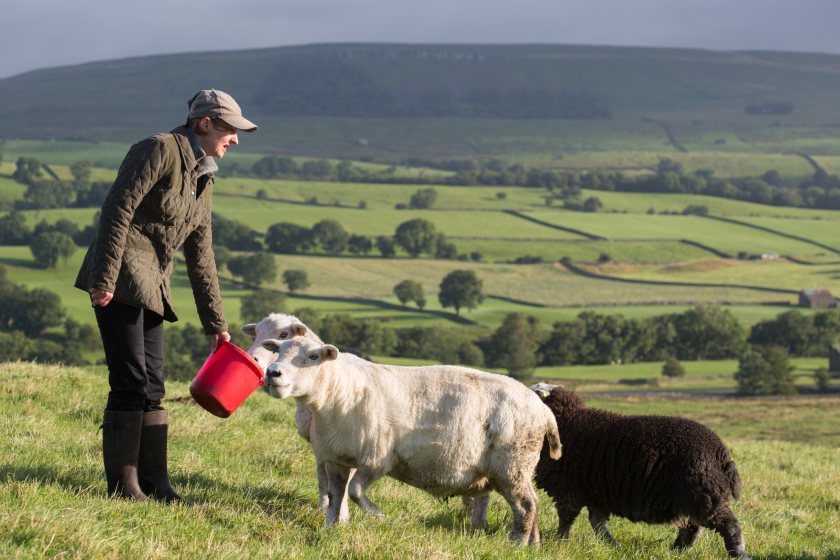
The National Sheep Association (NSA) has urged the government to revisit controversial inheritance tax reforms, warning that the proposals risk undermining family farms just weeks before the chancellor delivers the autumn budget.
With the statement due on 26 November, the NSA says ministers should commit to a full review and in-depth consultation on the future of agricultural property and business property relief.
The reforms, announced in 2024, would cap agricultural property relief (APR) and business property relief (BPR) at £1 million per individual or trust from April 2026.
Any value above that threshold would face a 50% tax charge, sparking concern that working family farms could be landed with bills running into millions of pounds.
The organisation argues that alternatives — such as a clawback mechanism, where relief could be reclaimed if land is sold within a set period, or a higher asset value threshold — deserve serious consideration.
Farming groups and professional associations have already put forward costed proposals they claim would raise revenue without endangering farm succession.
While the NSA acknowledges it is not a specialist body on tax, it supports the principle of shifting the burden to the point of land sale or “cashing in” rather than at inheritance.
NSA chief executive Phil Stocker said: “As we approach the chancellors 2025 autumn budget statement NSA is adding its voice to those calling for a review of the proposed changes to agricultural property relief.
"It is clear the proposals will have a serious impact on many working family farms where profitability bears little relationship to asset value and proposed taxation levels.”
Stocker pointed to recent analysis by the Centre for Analysis of Taxation (CenTax), which concluded that changes to inheritance tax and business property relief could be better targeted to protect working farms — safeguarding food security and economic activity — while still raising more money for HMRC. “This advice is something that should be heeded,” he said.
The plans are now being considered by the Treasury. Reports suggest ministers are looking at a “minimum share rule” model, put forward by CenTax.
Under the approach, full relief would be available up to £5m per person (£10m for couples) where farmland or business assets make up at least 60% of an estate.
Relief would then taper to 50% between £5m and £10m, with no relief beyond that. Supporters argue the model could be a “game changer” for British agriculture, sparing thousands of family farms from crippling bills while also doubling the expected revenue from reform — from £500m to £1bn.
“With the autumn statement around the corner it is surely time to relook at the current proposals and construct something that is fit for purpose with clear financial and structural outcomes,” Stocker added.
With the budget looming, farm leaders say ministers now face a choice: protect the future of family farming — or risk pushing the next generation off the land.
The NFU has also urged the government to “renew its relationship” with farmers at the upcoming autumn budget, warning that collapsing confidence is leaving investment in food production “as bone-dry as the fields this summer.”
